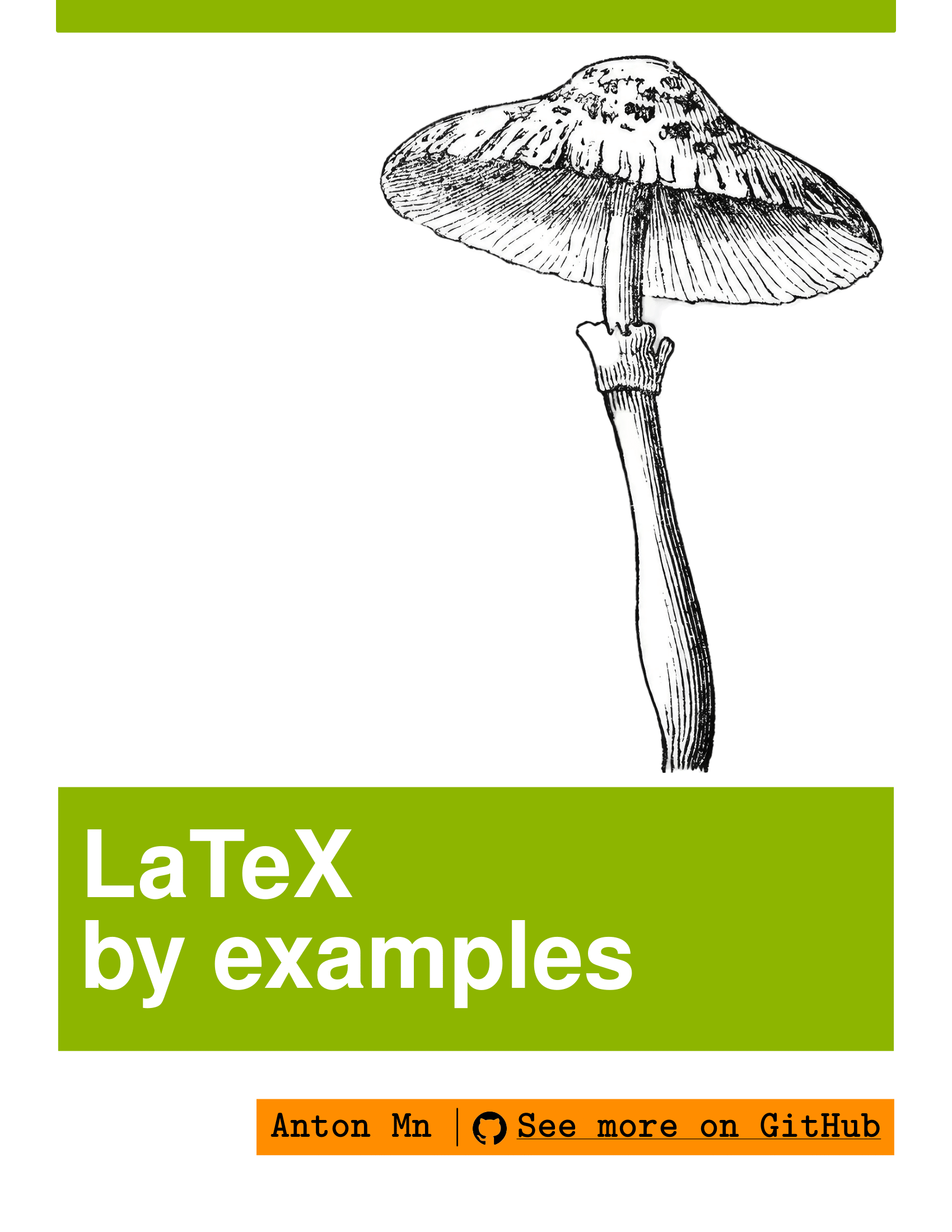this post was submitted on 15 May 2024
310 points (98.1% liked)
Open Source
32744 readers
339 users here now
All about open source! Feel free to ask questions, and share news, and interesting stuff!
Useful Links
- Open Source Initiative
- Free Software Foundation
- Electronic Frontier Foundation
- Software Freedom Conservancy
- It's FOSS
- Android FOSS Apps Megathread
Rules
- Posts must be relevant to the open source ideology
- No NSFW content
- No hate speech, bigotry, etc
Related Communities
Community icon from opensource.org, but we are not affiliated with them.
founded 5 years ago
MODERATORS
you are viewing a single comment's thread
view the rest of the comments
view the rest of the comments

Well yes, but also no. You can't reproduce a book because that violates copyrights.
Open source in this context just means that nobody owns the book, you can reproduce it however many times you want, and distribute it where you want as long as you include the original license in the reproduction (MIT license).
Also, there's a bit of a colloquial understanding that others are able to contribute or fork the original source material.
But "open source" doesn't even mean that you can reproduce it or use it for free. It just means that you can see the source code. The permissiveness, as you mentioned, lies in the licensing.
So I still think that it's a complete misnomer.
You're thinking of source-available licenses. Open source has a clear and widely accepted definition that requires a certain level of freedom. You're free to ignore this definition, but you can't expect the rest of the world to do the same.
To be clear, open source allows for only providing access to paying customers, but those paying customers are then free to use and distribute their copies without any further payment. Then it wouldn't be open source anymore.
Fair enough, I didn't know that "open-source" is, in of itself, sort of a misnomer and, by the formal definition, a book can be open-source, because the phrase means certain specific things not tied to source code, contrary to what the name implies.
And in my defense, I've seen some software that required license key to use, with code available on GitHub or something that called itself open-source (I won't be able to recall the specific names). I assume the term is misused often.
No worries, nothing wrong with not knowing everything about every random subject. I would like to apologize for being overly harsh, I assumed that people in c/opensource would have general knowledge of this definition, but that assumption was clearly bad. So again, sorry.
Yes, companies sometimes do that. Open source is marketable as a guarantee that you won't fully lose access to a piece of software, and there aren't any real consequences of misusing it. But there's also a scheme called dual licensing where the software is available under two licenses - one license is open source but annoying for commercial use, and the other is a "normal" proprietary license under which businesses can buy the code. This is fine (as long as the provider has copyright to all the code being dual licensed) and is pretty common and makes the software open source.
This post is on the "front page", didn't come here deliberately.
"Open source" and "source available" are different things. See e.g. https://opensource.org/osd and https://opensource.com/article/18/2/coining-term-open-source-software